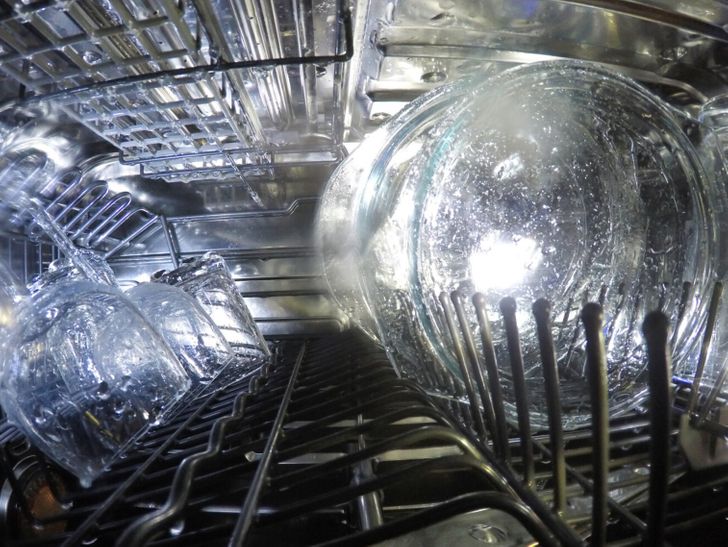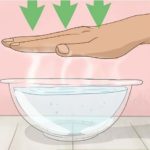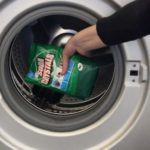Pre-rinse dishes before putting them into the machine
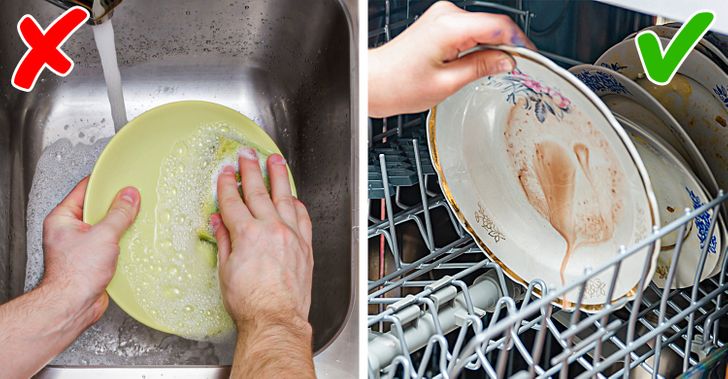
This method may seem reasonable and help to make dishes cleaner, but it is actually unnecessary, especially with new dishwashers made within the past 5 years. They are now equipped with water sensors that check the level of dirt in the water during a washing cycle, and also monitor the decreasing level of dirtiness. Therefore, if your dishes are not too dirty, the machine will set a shorter washing cycle, saving water consumption.
Rinsing the dishes beforehand also consumes a significant amount of electricity and water. In fact, rinsing them outside the machine may waste several tens of liters of water each time.
Water temperature below 50℃
A low water temperature in the dishwasher can be a problem that prevents dishes from being properly cleaned. Most cleaning cycles in dishwashers require water at 57℃. To ensure that everything is clean, make sure the water in your dishwasher is hot enough.
No hot water supply for dishwashing
Dishwashers clean better and take less time when using hot water. In addition to saving energy, the drying time will be significantly reduced when using hot water to wash the dishes.
It takes an average dishwasher about 2 minutes to raise the water temperature by 1 degree, and most cleaning cycles require a temperature of 57℃. If the water temperature is only 40℃, the dishwashing process can take an additional 60 minutes.
Accidentally clogging the spray arms
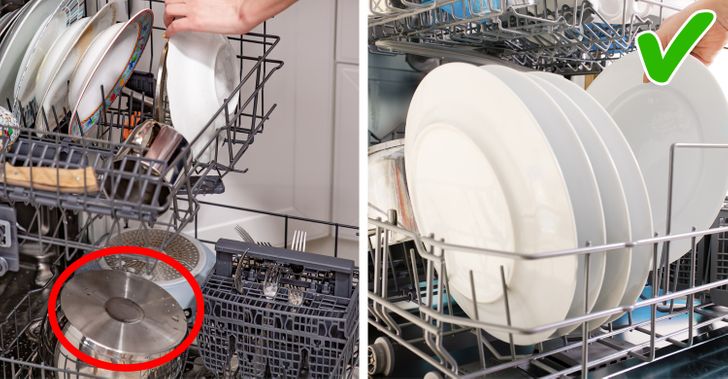
When placing large objects such as pots and pans on the racks, if you are not careful, they can block the water spray, preventing the items on top from being properly cleaned. It is best to wash large items such as pots and pans by hand to ensure cleanliness.
Not cleaning the rubber seals inside the dishwasher
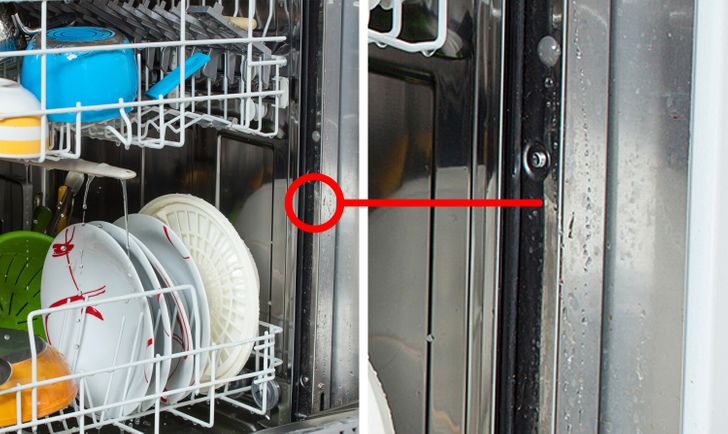
Rubber seals accumulate bacteria over time from dirty items in the dishwasher, as bacteria thrive in moist environments. This issue can be resolved by using an old toothbrush and soapy water to scrub the seals every few months.
Not using dishwasher detergent
If the dishes are still slightly damp and there are water streaks on glasses after the dishwasher cycle, it may be because you did not use dishwasher detergent. According to experts, modern dishwashers dry the dishes by using hot water combined with detergent, rather than using hot air.
Mixing dirty and clean dishes in one load
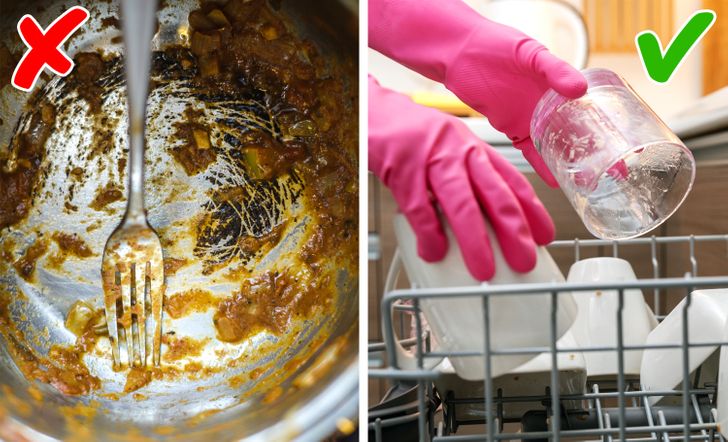
Some dishes require more thorough cleaning than others, so it is advisable to arrange dirty and clean dishes into separate groups before loading them into the dishwasher for optimal efficiency.
























